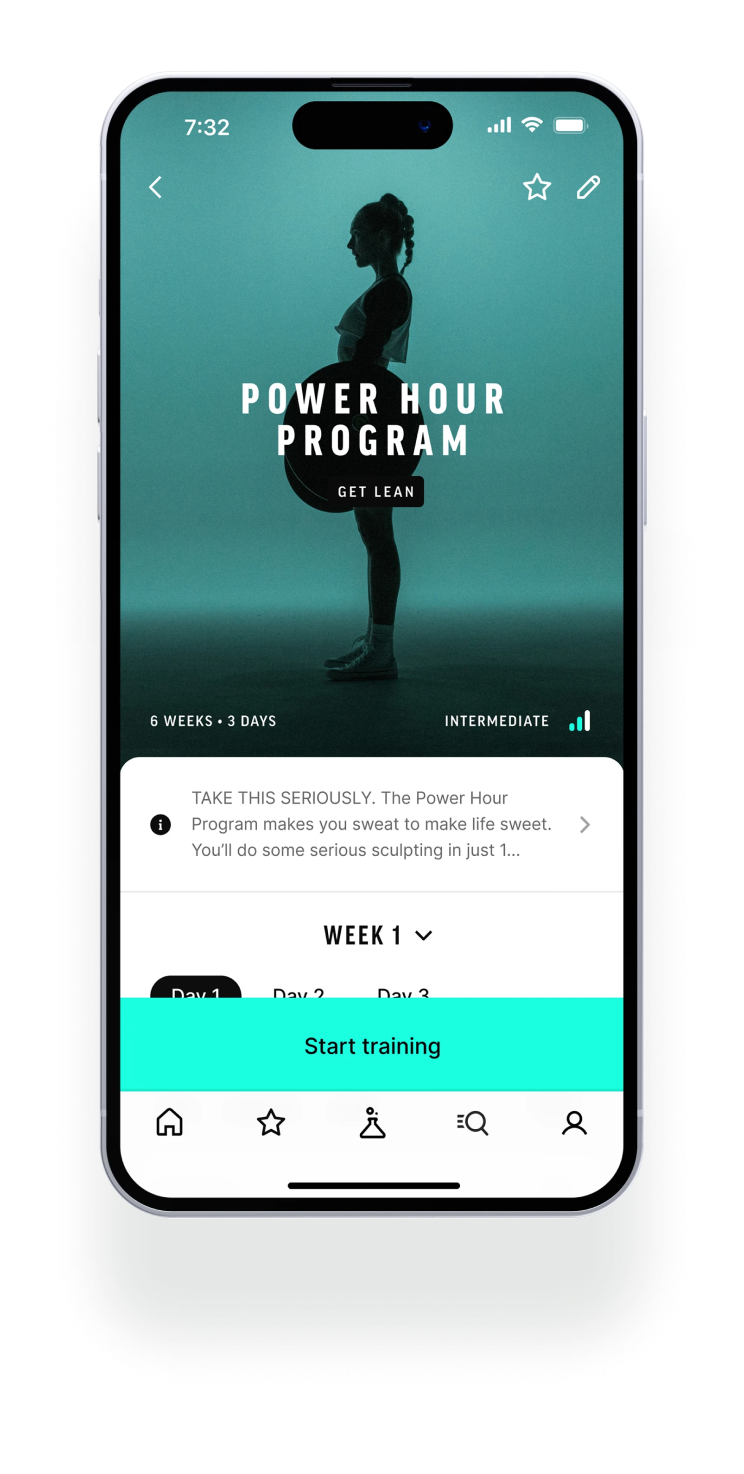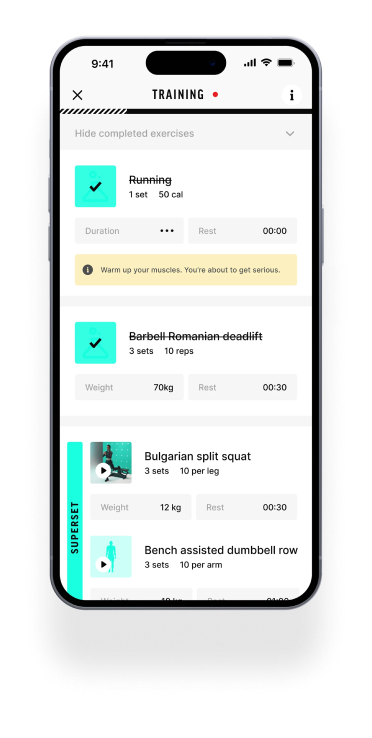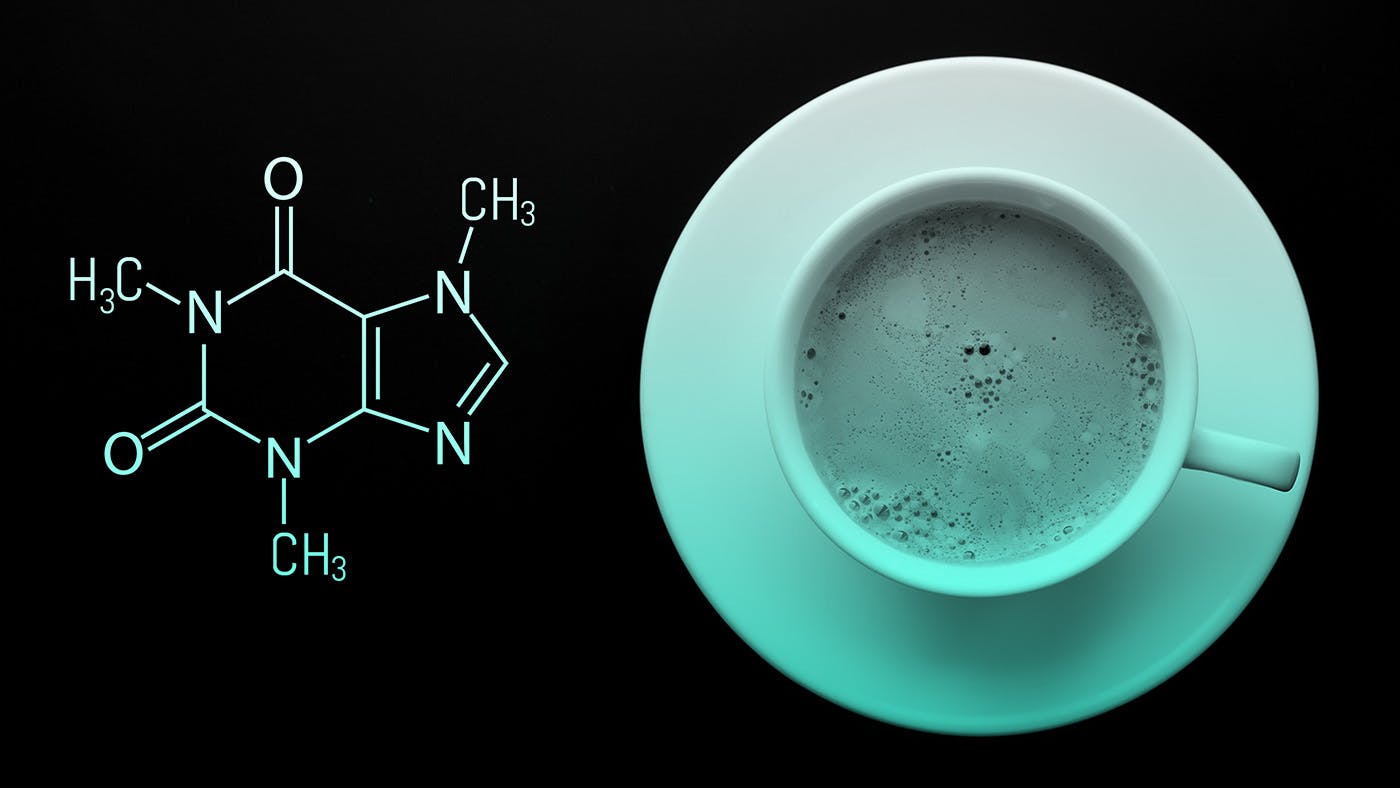Filter coffee or espresso cup? What is healthiest?
The coffee world has become complex. You have filter coffee, espresso cups, coffee beans from fully automatic machines, French press, and many more methods. But which way of making coffee is actually the best for your health? I delved into the scientific databases to find answers.

The Great Coffee Paradox
Coffee is one of the most researched beverages in the world. Recent research shows that coffee consumption is more often associated with health benefits than with drawbacks. It seems that our old perception of coffee as "bad" is gradually disappearing.
Meta-analyses show that 3-4 cups of coffee a day can reduce your risk of certain forms of cancer and make you more active. But here's the catch: not all coffee is the same. The way you brew it makes a world of difference. Extra tip: consume your coffee before 2:00 PM, so it does not negatively affect your sleep.
Filtered Coffee Wins the Health Battle
The scientific evidence is clear: filtered coffee (with a paper filter) is the healthiest choice. Why? It's because of two important substances called cafestol and kahweol. These are diterpenes naturally present in coffee beans. These diterpenes make up about 1% of the weight of coffee beans and raise your cholesterol. The good news? A paper filter blocks these cholesterol-raising substances.
The Numbers Speak Clearly
Researchers have looked at different ways of brewing coffee. What did they find? Regular filtered coffee contains more healthy substances than espresso or Turkish coffee. These healthy substances are called antioxidants, which are compounds that protect your body against diseases. Why is this important? Antioxidants help your body stay healthy. It's like vitamin C in oranges, which protect you.
Something clever happens with filtered coffee: the paper filter blocks the bad substances (almost everything is caught), but lets the good substances through. That's why filtered coffee is (slightly) healthier than espresso or other types.
Extra fact: the beauty is that coffee is one of the largest sources of these protective substances in our diet.

Espresso and Our Cholesterol
A large Norwegian study with over 21,000 participants showed that 3-5 cups of espresso per day increased total cholesterol by 0.09 mmol/L in women. That may seem little, but with daily use, it adds up.
Workplace coffee machines often contain higher concentrations of diterpenes than paper-filtered coffee, but less than unfiltered coffee. Cafestol is one of those diterpenes. Cafestol is a natural substance in coffee oil that can increase your cholesterol. The concentrations were:
Office coffee machines: 176 mg/L
Home-brewed filtered coffee: 12 mg/L
Boiled coffee: 939 mg/L
French Press and Percolators: The Middle Ground
French press and other brewing methods fall somewhere in between. Espresso contains the highest concentrations of caffeine and chlorogenic acids, but also more diterpenes than filtered coffee.
French press coffee uses a metal filter instead of paper. This means that more of those cholesterol-raising substances (cafestol and kahweol) end up in your cup. Research shows that French press coffee contains about 90 mg/L of cafestol. That's much more than filtered coffee (12 mg/L) but less than boiled coffee (939 mg/L).
Chlorogenic acids are other important substances in coffee. These are antioxidants that are good for your health. They help protect your body against inflammation and can help regulate your blood sugar. The interesting part is that espresso has the highest concentrations of these healthy substances, but at the same time also more of the cholesterol-raising diterpenes.
The physical properties of paper filters make the difference. Filters with micropores allow more diterpenes to pass through than regular paper filters. With a French press, you have no paper filter at all, so you get both the good and the less good substances.
The Health Benefits Remain Intact
Despite these differences in brewing methods, a large Norwegian study with over 508,000 participants showed that filtered coffee was associated with lower mortality rates than not drinking coffee. The figures for men:
Filtered coffee: 15% lower risk of mortality
Unfiltered coffee: 4% lower risk of mortality
An umbrella review of 201 meta-analyses confirms that coffee consumption is more often associated with benefits than drawbacks for various health outcomes.

Practical Recommendations
Based on scientific evidence:
Best Choice: Filtered coffee with a paper filter. The Nutrition Center confirms this: "The better the coffee is filtered, the healthier it is."
Good Alternatives: Coffee pods/pads that are also filtered.
Use in moderation: Espresso, French press, Turkish coffee. These are not bad, but contain more cholesterol-raising substances.
Avoid: Unfiltered boiled coffee (Scandinavian boiled coffee).
For adults who drink moderate amounts of coffee (3-4 cups per day, 300-400 mg of caffeine), there is little evidence of health risks and some evidence of health benefits.
References
Poole, R., Kennedy, O. J., Roderick, P., Fallowfield, J. A., Hayes, P. C., & Parkes, J. (2017). Coffee consumption and health: umbrella review of meta-analyses of multiple health outcomes. BMJ, 359, j5024
Nieber, K. (2017). The Impact of Coffee on Health. Planta Medica, 83(16), 1256-1263
Derossi, A., Ricci, I., Caporizzi, R., Fiore, A., & Severini, C. (2018). How grinding level and brewing method could affect the antioxidant activity and bioactive compounds in a coffee cup. Journal of the Science of Food and Agriculture, 98(8), 3198-3207
Svatun, Å. L., Løchen, M. L., Thelle, D. S., & Wilsgaard, T. (2022). Association between espresso coffee and serum total cholesterol: the Tromsø Study 2015-2016. Open Heart, 9(1), e001946
Thelle, D. S., Arnesen, E., & Førde, O. H. (2020). Coffee consumption and mortality from cardiovascular diseases and total mortality: Does the brewing method matter? European Journal of Preventive Cardiology, 27(18), 1986-1993
Urgert, R., Essed, N., van der Weg, G., Kosmeijer-Schuil, T. G., & Katan, M. B. (1997). Separate effects of the coffee diterpenes cafestol and kahweol on serum lipids and liver aminotransferases. American Journal of Clinical Nutrition, 65(2), 519-524
Orrje, E., Fristedt, R., Rosqvist, F., Landberg, R., & Iggman, D. (2025). Cafestol and kahweol concentrations in workplace machine coffee compared with conventional brewing methods. Nutrition, Metabolism and Cardiovascular Diseases, 35(8), 103933
START TRAINING SERIOUSLY
Discover new training methods based on scientific knowledge, improve your form and technique and seriously track your fitness goals.






